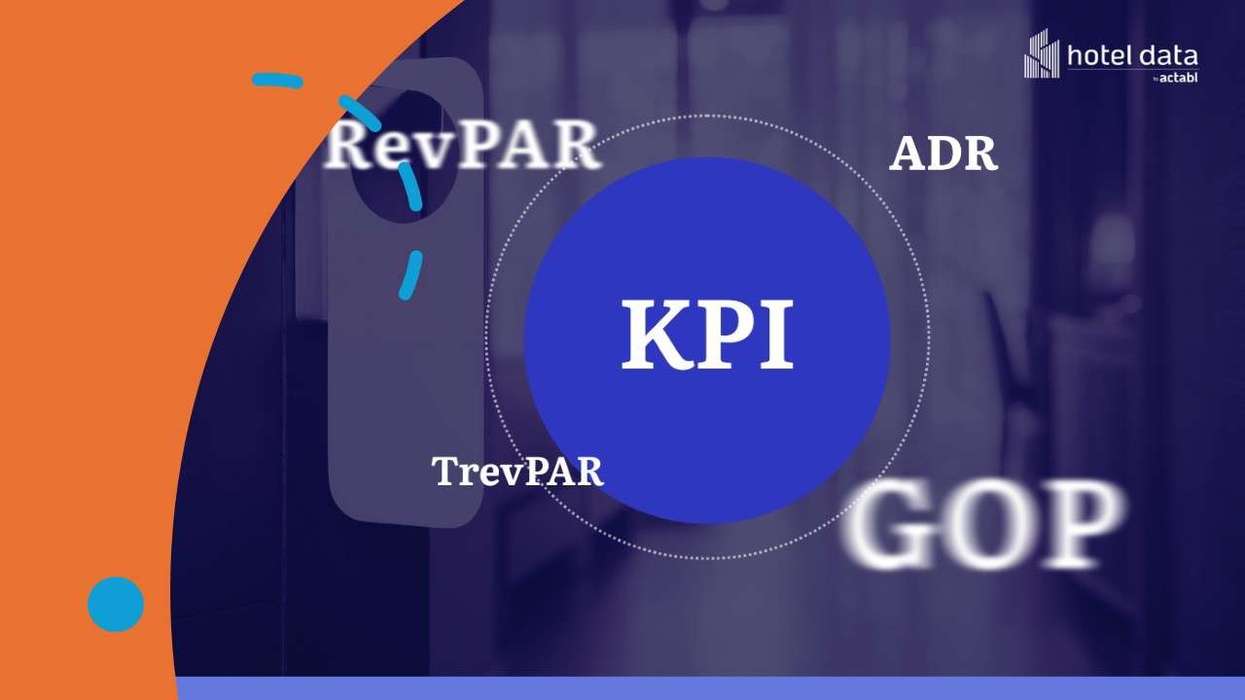THE HOSPITALITY INDUSTRY needs to re-focus its efforts to meet future staffing requirements if it is to increase interest by job seekers, according to consulting firm HVS. At the moment, the hospitality industry is a jobseeker’s market and likely to stay that way for the next year or two.
Hence, industry leaders should adapt to survive, said Court Williams, CEO of HVS Executive Search in New York in an article titled ‘How to Resolve the Current State of Emergency in Hospitality Employment’. Williams stated that “successful recovery from the pandemic will depend on revising every aspect of sourcing, attracting, compensating, incentivizing, and retaining workers.”
“The hospitality industry has seen a decrease in staff as many people have found alternate career paths as a result of the impacts of COVID-19. Historical talent shortages are being exacerbated by staff quitting in droves as the world returns to work,” Williams said in the article. “Now, the onus is on companies to show employees why they should apply for jobs or stay in their current positions.”
According to him, by developing a collaborative culture, hospitality companies can circumvent many staffing issues that arise.
“Today’s employees, especially millennials and Generation Z, want a stronger voice in their positions. They want to feel like they’re a part of something and have value, not just a worker or a number. With other industries now offering higher compensation to entice people, many former restaurant and hotel workers are quitting in favor of jobs that pay even slightly more.
“Employees want flexible workplace options to allow for remote working and caring responsibilities, and they're willing to quit to get them.”
A recent survey revealed that low pay, inadequate employee benefits, and a stressful workplace are preventing former restaurant and hotel staff from going back to their jobs.
“For many people employed in hospitality, what started out as a “dream job” had become a whirlwind of long hours, demanding customers, and insufficient sleep long before the pandemic. Already disillusioned with the status quo and work/life balance, when COVID-19 came along and they were furloughed or laid off, they had plenty of time to rethink their futures,” Williams wrote.
“Burnout is a big reason for the expected spike in resignations, with August 2020 research showing that 58 percent of employees were burnt out, compared with 45 percent in the early days of the pandemic. Complaints include heavy workloads during the pandemic, balancing work and personal lives, and a lack of communication, feedback, and support from employers.”
Williams pointed out that one of the major factors employees consider in the hospitality industry is safety as most jobs have a high possibility of exposure simply by virtue of contact with the public.
“Most casual and part-time restaurant and hotel workers aren’t eligible for health insurance or other benefits. Many of those who found work in other industries have discovered the health insurance alone is worth making a move. Hospitality employees across the board are demanding better healthcare options and other benefits, such as paid time off, study assistance, and wellness programs. Companies that offer additional benefits such as a 401(K) or long-term disability might well start seeing these as game-changers,” Williams wrote.
“To attract the staff they want, companies will need to offer better employee safety and security options. These include support against aggressive guests, protections against COVID-19 infection, and some form of security against future workplace disruptions caused by pandemics, natural or other disasters,” Williams wrote. “Companies paying minimum wage or slightly higher are realizing they have to offer fair compensation if they want to attract quality staff. Wage growth is accelerating for leisure and hospitality. Average hourly earnings fell during the pandemic but have grown at a fast clip in 2021.”
He also suggested that flexible work models including working from home part or full-time, and sourcing talent from other geographical areas with help to relocate might attract staffing. According to Williams, a simple job application process can also make a huge difference.
In a recent blog post, HotStats also advised that hotels should focus now on asset navigation and staffing models as occupancy and costs are gradually increasing.





